
New Delhi : The Supreme Court of India is scheduled to hear a batch of petitions today challenging the constitutional validity of the recently amended Waqf Act, which governs the regulation and administration of Muslim charitable properties across the country. The hearing, which has drawn national attention, will be conducted by a three-judge bench comprising Chief Justice of India Sanjiv Khanna, Justice Sanjay Kumar, and Justice KV Viswanathan at 2 PM.
The petitions have been filed by a range of individuals, civil society groups, and public interest litigants, who argue that the amended law violates fundamental rights, particularly the right to equality and property. Several petitioners contend that the amendments give excessive powers to Waqf Boards, enabling them to declare properties as Waqf land without sufficient legal safeguards or transparency, thereby infringing upon the rights of private citizens and communities.
Critics of the amendment also claim that the changes have led to a rise in property disputes, with allegations that land belonging to non-Waqf individuals and institutions is being encroached upon or misclassified. The petitioners are expected to raise issues regarding due process, arbitrary state action, and the lack of adequate redressal mechanisms for affected parties.
On the other hand, supporters of the amendment argue that the law is essential for the protection and better management of Waqf properties, many of which have been historically neglected or encroached upon. They maintain that the amendments were designed to strengthen institutional oversight and ensure that Waqf assets are used in accordance with their intended charitable purposes.
The case comes at a time when debates over minority rights, religious autonomy, and property laws have become increasingly prominent in India’s political and legal discourse. Legal observers note that the Supreme Court’s eventual ruling on the matter could have far-reaching implications for not just Waqf properties, but also for broader questions around state intervention in religious endowments.




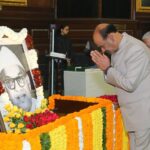


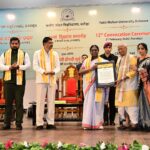


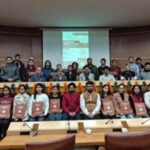

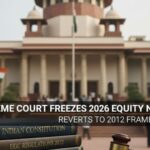



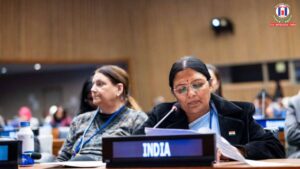

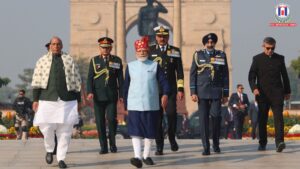
No Comments: